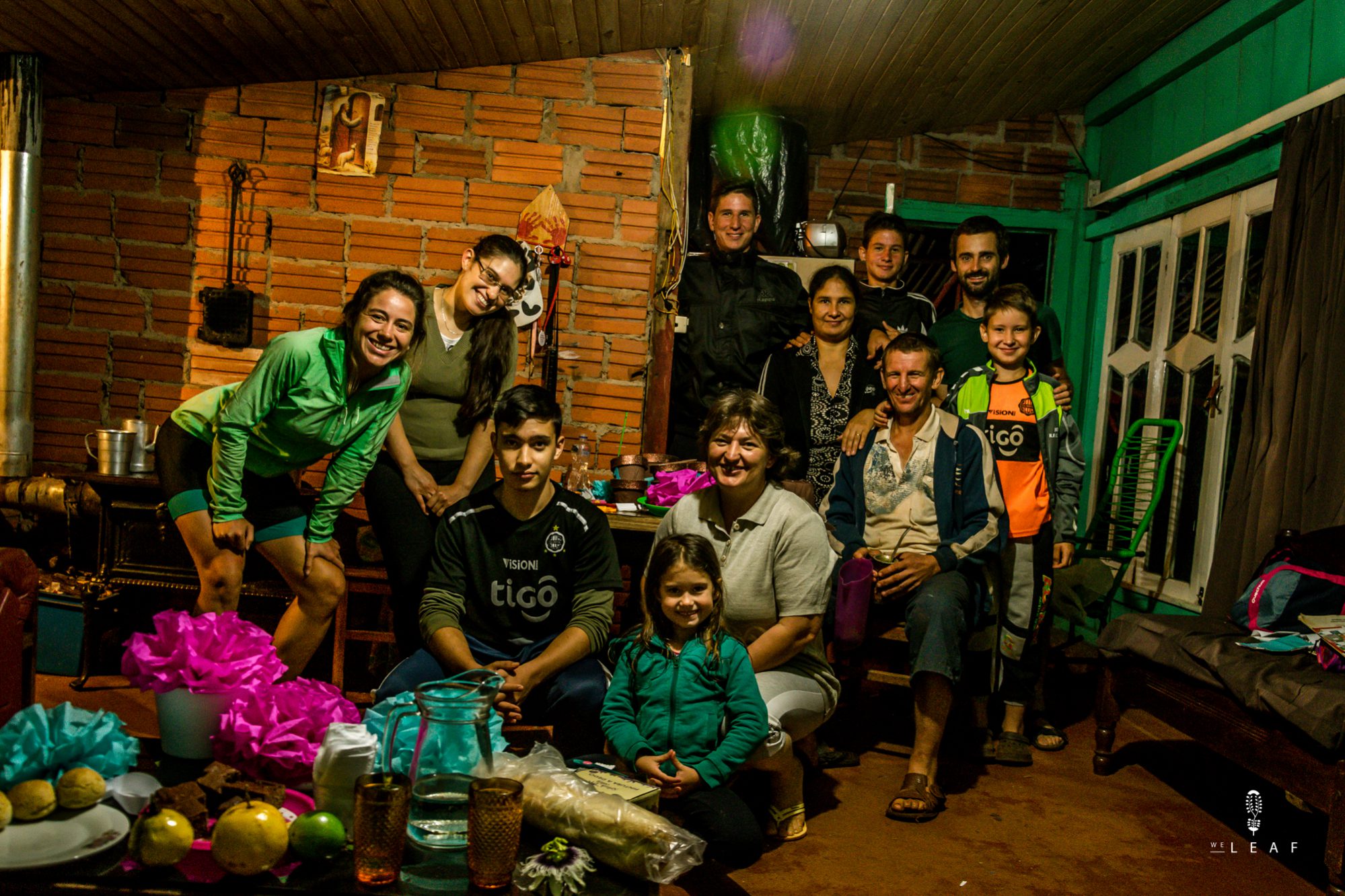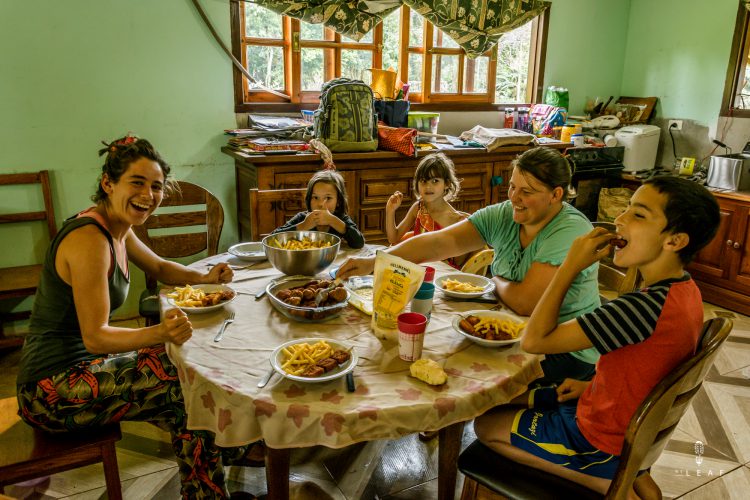
The Frickelo’s

Always smiling
April 3, 2018
Unknown Paraguay
April 5, 2018
Carolus Frickelo
It is the winter of 1953 in Flanders. Carolus Friskelo is 23 years old and wants to become a farmer, but there is little farmland available in Belgium. There is an article in the newspaper about Paraguay where farmland is abundant. ‘You only have to throw the seeds on the ground, and everything grows’ is written. Carolus gets some pocket money from your father and jumps on the boat to Paraguay. A priest waits for Carolus in the harbour of Asuncion, who will help him to find some land. He hands over his pocket money who will arrange everything, but one day later the priest has disappeared, with Carolus money. He wanders through the streets in Asuncion, with only a passport in his hands, until the police arrests him. He barely speaks a word of Spanish, but understands that there are some Belgians in Capitan Miranda and there should be some land available. The region is colonised with foreigners. Mainly Germans, but also a lot of Japanese, Russians, Polish and Belgians. Many of them came after the second world war, ran away because they were on the ‘wrong’ side.
‘If you don’t find a girl within three years, you can come back home’ Carolus parents whispered into his ears. His story was going around and one day a German priest came to him and said ‘I heard that you are looking for a girl’. The priest takes him to the church of the boarding school where a dozen of ladies is sitting on a chair. ‘Pick your choice’ says the priest. Carolus has a good look at all the girls, but one of them limps, the other isn’t mentally stable, and this way all of them have a problem. Later he gets a lunch in the dining hall of the school. There he sees Erica, who cooks and serves the meals to the tables. That’s the one, he knows at that moment, and a couple of days later they marry. They don’t sit back and start breeding like rabbits, no less than fifteen children, almost every year a new one. They can use those extra hands at the farm. ‘When I was eight years old, I was assigned my first cow’ says Oscar ‘and it became three cows when I was thirteen. Every morning before going to school, we had to milk our cow’.
'When I was eight years old, I was assigned my first cow'.
The three eldest sons have to go to Belgium for the military service. Oscar is one of them and he goes to the marine forces. In all those years Carolus and Erica often go to Belgium, sometimes for holidays, sometimes for medical reasons. ‘Not in Paraguay, go to Europa, the doctor told me’ explains Erica. She is from German-Brazilian origin and spoke German at home. The operating language in the Friskelo’s family was German and the children learn Spanish and Guarani in school. The Flemish they learned in Belgium. Except Heidi, all of the children went to Belgium, and she is the only one who doesn’t speak Flemish. Many of them, like Oscar and Yrene, lived a long time in Belgium and came back. Still it is impressive how they manage Flemish, because within the family they only speak Spanish these days and the Flemish they barely use. In the houses some of the old Belgian culture remains, but it doesn’t breath the old Belgium. Vintage furniture came from Belgium, they have some famous beer glasses, a waffle maker and a deep fryer. But the weekly french fries days they don’t know. The grandchildren say ‘oma’ (Flemish word for grandmother) to Erica. A couple of days later we visit her. Carolus passed away a couple of years ago, but Erica is still very clever. With a strong Flemish accent she tells about the first meeting with her husband. ‘A big family’ we say. ‘Sure, that’s the way it used to be. We are a blessed family’ she continues ‘my husband doesn’t live anymore, but all the fifteen children are healthy’.
Half of all the children live in Belgium these days, the other half in Capitan Miranda in Paraguay. Those who live in Paraguay are all farmers, or related to agriculture. Heidi and her husband have a slaughterhouse where they change every week four to five cows into pieces of meat. Oscar had a dairy farm for a several years, but now only has some cows, corn and soja. Yrene is the youngest of the children and studies to be a kindergarten teacher. Her husband is a carpenter and they lived more than ten years in Belgium. There they worked in a factory, had a decent life, but missed the life in Paraguay. The calm, the beautiful nature and the Paraguayan culture took them back to Paraguay. Although they are raised with a Belgian-German culture, they all are born in Paraguay. Nowadays there are seven different Belgian families in Capitan Miranda, with familiar names like De Smet en Godefroit, but most of the ‘real’ Belgians passed away. It are the children who live up the family name, but slowly the culture disappears. In the past the family came together every week in the local clubhouse, but now these meetings are scarce. There won’t remain much Belgian culture in the next generation.






1 Comment
[…] we sit around different kitchen tables, talking in Flemish and eating french fries and waffles. The Frickelo's are traditional farmers and we get the opportunity to experience their daily life. Heidi and her […]